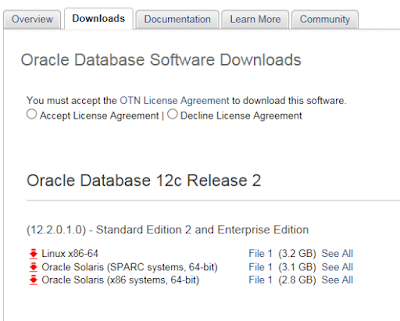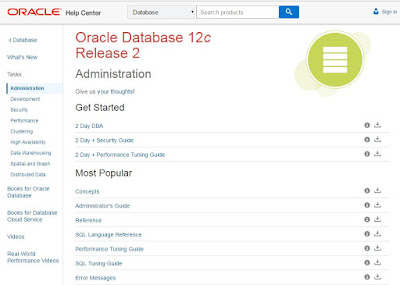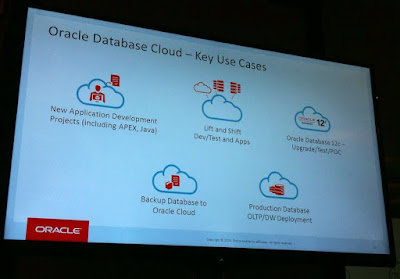 Oracle OpenWorld 2014
Oracle OpenWorld 2014 is behind us. It ran from September 28 to October 2. According to
Oracle information, there were more than 60,000 attendees from around the world.
Before the memories about the OOW14 become blurred, I tried to summarize what I learned from the event. In general, the theme of this year OOW was about
Big Data on the Cloud or
Cloud over the Big Data.
Cloud

As I already predicted in
my previous post before the event,
in his opening keynote speech on Sunday (Sept.28), Oracle Executive Chairman and CTO Larry Ellison spent most of time talking about Oracle cloud achievements and strategies.
Oracle's cloud focus on PaaS and SaaS, which can help Oracle reach more small and mid-size companies and compete with other service providers such as IBM, Google and Saleforce.com.
Oracle has been working very hard to roll out an extensive set of PaaS services in recent years. Oracle is also making Oracle Database 12c as a cloud service (or called
DBaaS). As Larry said, its "ISVs have been waiting for this" and its" customers have been waiting for this". Larry also claimed that 19 out of 20 largest SaaS products run on the Oracle platform except Workdays.

Regarding SaaS, Larry claimed Oracle has "the largest portfolio of applications in the cloud of anybody". while you were listening Larry's strong voice about Oracle's SaaS and criticism against its competitors such as Saleforce.com and SAP, your eyes couldn't catch all those names of cloud based applications in the slides showing on the huge screens behind him.
Overall, Ellison emphasized the extent of Oracle’s cloud infrastructure, with 30,000 computers and 400 petabytes of data and supporting 62 million users a day. “Our cloud is bigger than people think, and it’s going to get a lot bigger,” Ellison predicted. “Our cloud strategy has been about building and buying.” Larry also told us.
Big Data

I did
a summary about Oracle and Big Data back to 2013. But when people talk about Big Data, they usually think about
companies like MapR, Splunk, cloudera, Hortonworks and MongoDB and don't think that Big Data can really work hand-in-hand with relational database. Oracle has been definitely working hard to make Big Data more accessible to its new and old customers and most of them have used Oracle relational databases. By introducing
Oracle Big Data SQL, people can create external tables over Hadoop and NoSQL data stores and write SQL against them. So non-relational data can be accessed from within Oracle database using standard Oracle SQL. Oracle also expands its smart scan mechanism (used in Exadata Storage layer) into
Big Data Appliance - pre-process data on the Hadoop cluster and move only the relevant data from Big Data world for further processing.
As an Oracle DBA, you will not have any excuses to shy away from Big Data by saying something like that you don't know Hadoop, MapReduce, etc. Oracle has made your work on Big Data much easier by using your existing SQL skills. Oracle can also help itself expand market share in Big Data market since those traditional Oracle DBAs normally have some powers on the decision to buy Big Data products.
Besides the cloud and Big Data,
In-Memory option for Oracle 12c (available on 12.1.0.2, I will write post separately) was hot topic. It was not a new announcement in this year's OOW, but there were many keynotes and sessions talking about it.
Overall, Oracle OpenWorld 2014 brought Cloud and Big Data to all attendees' attention. Oracle is working hard on them, so should you.










